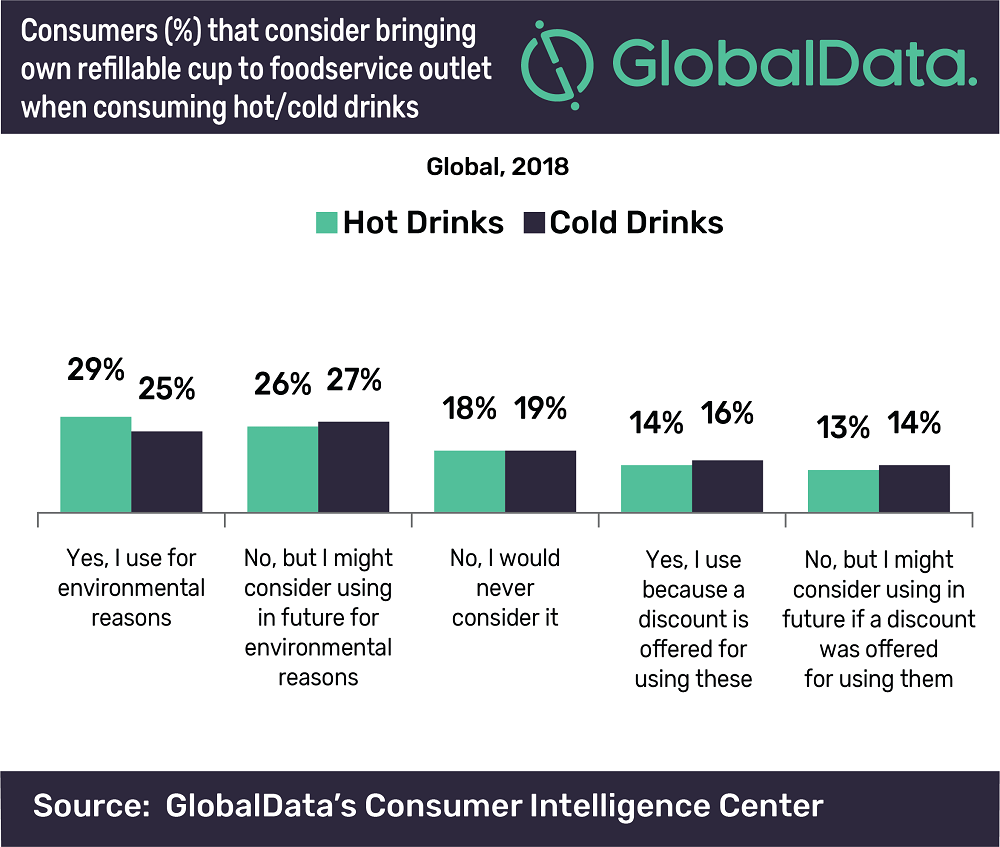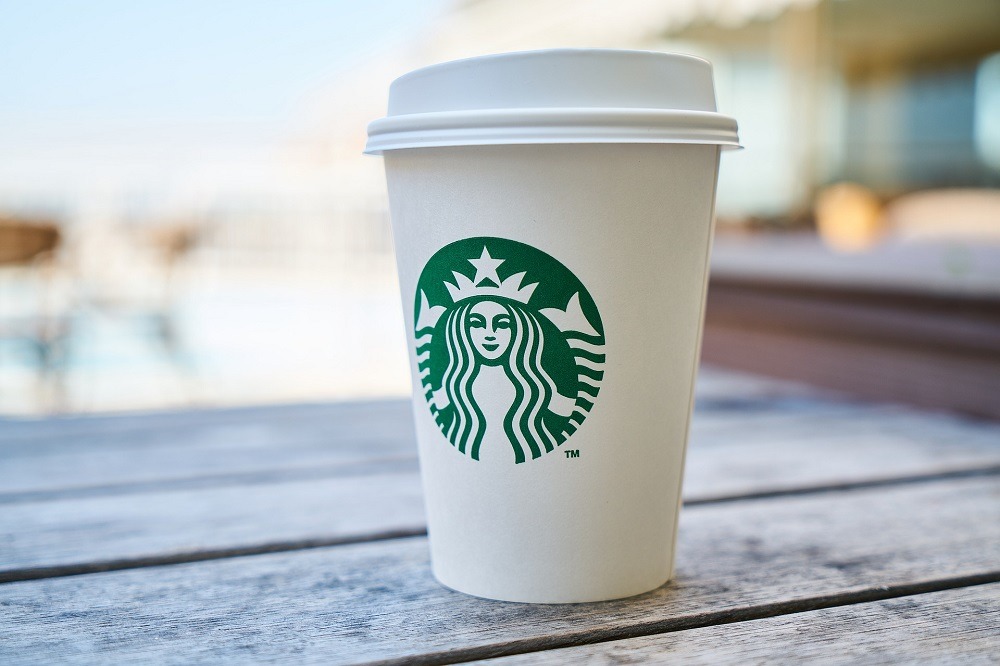An analyst who worked on the study, published by market researcher GlobalData, says foodservice firms must involve younger people in their sustainability initiatives

According to market research firm GlobalData, coffee and tea shops are most likely to impacted by the sustainability views of millennials (Credit: Pixabay)
The future of sustainability in the foodservice industry will be driven by millennials, says a new study.
Market research company GlobalData, has compiled a report that found 47% of consumers in Generation Z – which typically describes people born between 1981 to 1996 – believe environmentally-friendly claims almost always influence their choice of beverage.
This is a 6% increase when compared to a survey conducted by the company in 2016.
According to the authors of the Foodservice Insights and Trends on Sustainability report, this upward trend means it’s “critical” for foodservice providers to move beyond surface-level green practices – targeting reusable coffee cups and developing better recycling schemes.
Cafes most likely to be affected by the sustainability and ethics ‘mega trend’
The research found that a number of businesses are implementing waste reduction processes and moving towards more sustainable materials.
GlobalData consumer analyst Ryan Whittaker believes cafes and tea shops need to be at the forefront of these moves.

He said: “In the future, the sustainability and ethics mega trend will increase in relevancy to all foodservice outlet types.
“Coffee and tea shops will continue to be the most impacted, with key players encouraging consumers to use reusable cups, while innovating beyond plastic for key items including straws and drink stirrers.”
A 2018 study by GlobalData found that 29% of people use their own refillable cup for hot drinks, with environmental concerns being one of the principle motivators for this.
Foodservice brands must involve millennials in sustainability initiatives
Whether it’s Coca-Cola’s bottle partially made from ocean plastic or Waitrose’s in-store reusable packaging trials, major brands have begun to develop more sustainable products.
One business highlighted by Whittaker was deli chain Pret a Manger.
In 2019, the firm committed itself to making 100% of its packaging recyclable, reusable or compostable by 2025.
By the same year, it wants to have eliminated all unnecessary single-use plastic from its supply chain and help consumers to recycle.
It follows in the footsteps of fellow foodservice outlet Starbucks, which offers customers a discount on drinks if they use their own cups.

The chain has also launched a drop-off scheme at London Gatwick Airport, allowing travellers to return their used containers before leaving.
Whittaker believes initiatives such as these must be developed in conjunction with young people.
He said: “It is important that brands involve millennials in their environmental and ethical initiatives.
“They seek incremental and positive change, so donating a portion of profits to relevant causes can work toward attracting both sales and company appreciation.”
